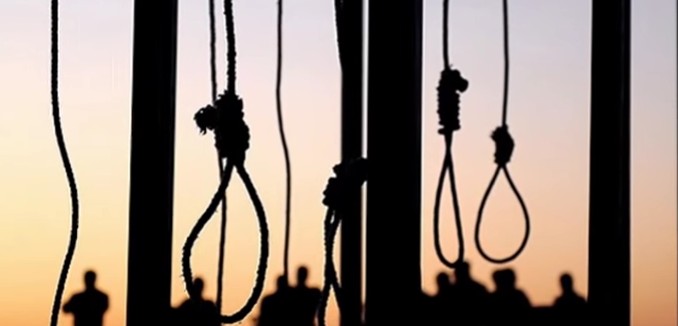Ahmed Shaheed, the United Nations investigator of human rights in Iran, called the high rate of executions he monitors an “unprecedented assault on the right to life in Iran,” The New York Times reported Wednesday.
His most striking criticism dwelled on what rights advocates have called Iran’s increasing rate of executions, mostly for nonviolent drug offenses, under [President Hassan] Rouhani’s administration, which has given Iran the distinction as the top employer of the death-penalty per capita of any country. Mr. Shaheed described the trend as an “unprecedented assault on the right to life in Iran.”
He said executions had been rising “at an exponential rate” since 2005, totaled at least 753 in 2014, and continued to accelerate this year, with at least 694 people hanged as of mid-September — including 10 women and one juvenile — the highest rate in 25 years. Iran has disputed these statistics.
UN Secretary-General Ban Ki-Moon criticized Iran last week for its high rate of executions and use of the death penalty on minors and for small drug offenses. Iran has barred Shaheed from entering the country to personally conduct investigations.
A report earlier this week by Benjamin Weinthal, a research fellow at the Foundation for Defense of Democracies, highlighted other severe physical punishments used by the regime such as flogging, amputation and even blinding, in addition to the death penalty.
In addition to raising concerns about the rapid rate of executions in Iran, Shaheed also drew attention to the systematic discrimination against women:
Overshadowing advances in women’s education and health, Mr. Shaheed said, is the prevalence of gender-based discrimination in civil, political, social and economic rights. Citing data compiled by the World Economic Forum, for example, Mr. Shaheed said Iran ranked 137 out of 142 countries assessed on women’s political empowerment in 2014.
In Should the U.S. Take Iran’s Human Rights Problem More Seriously?, which was published in the April 2015 issue of The Tower Magazine, senior editor Ben Cohen noted the dedication Shaheed, who was appointed in 2011, brings to his job of documenting rampant human rights abuses in Iran.
During his term, Shaheed has been diligent in producing reports that document, in sober and careful fashion, the Iranian regime’s contempt for the basic human freedoms enshrined in the UN’s own charter. Hillel Neuer, the executive director of UN Watch, a Geneva-based NGO that documents how authoritarian regimes around the world manipulate the UN to their own ends, told me that Shaheed’s is “one of the rare mandates on … an oppressive regime and you have a mandate holder who’s running with it. Shaheed’s active on Twitter, he’s active on side events, and he really seems to care.”
[Photo: Ali Goli / YouTube ]




